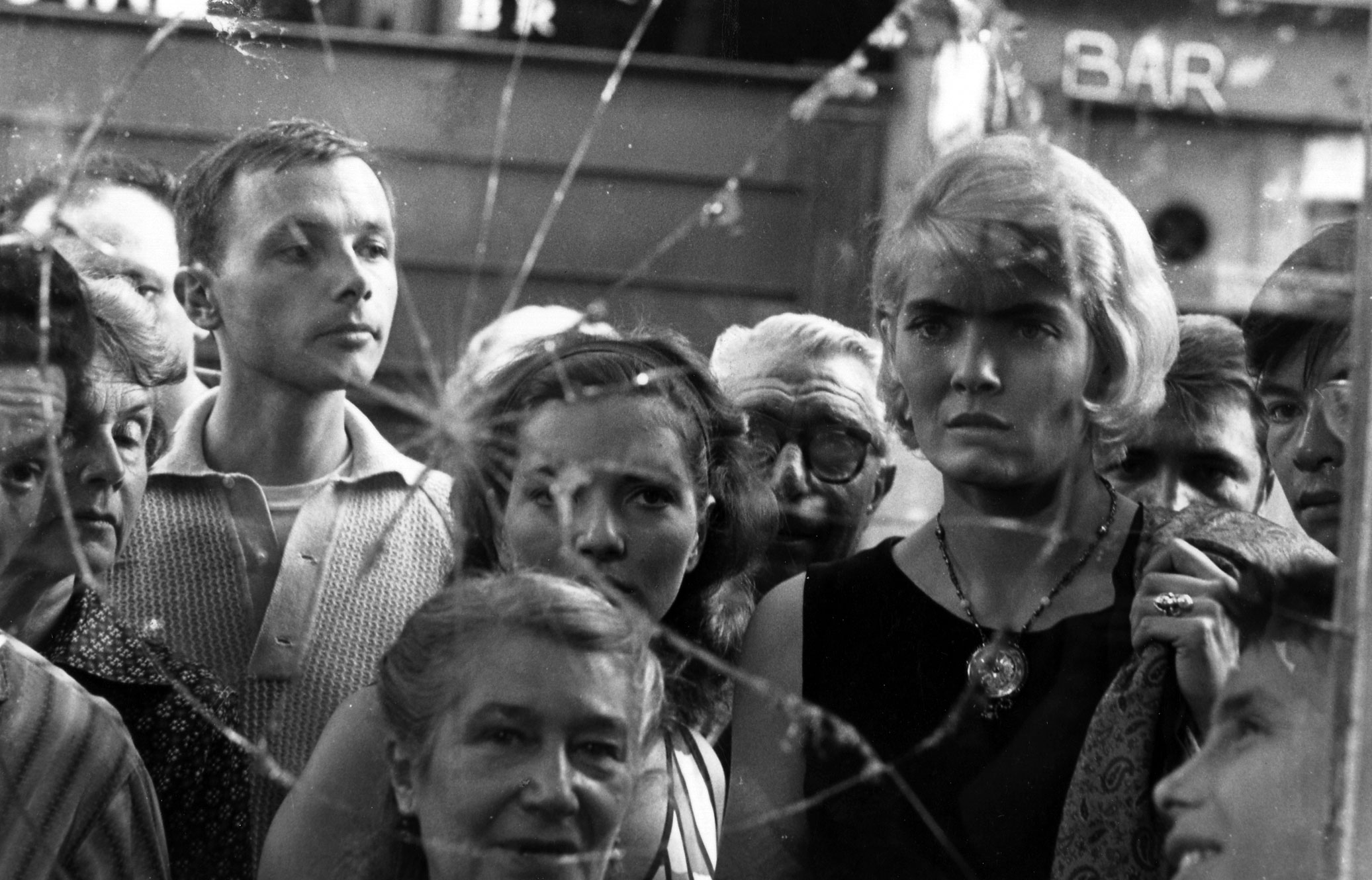Film depictions of things women have historically enjoyed—shopping, for instance—have long gotten short shrift from male critics, as if standing against frivolity were by itself a proclamation of seriousness. In Agnès Varda’s Cléo from 5 to 7, the Cléo of the title, a self-absorbed pop singer played by Corinne Marchand, spends an anxious day in her home city of Paris awaiting a possible cancer diagnosis; her doctor has promised her an answer that evening. Throughout the day she argues with her assistant and rails against the boisterous songwriters who come by her spare, chic, spacious digs to bring her some new songs. She’s electric with worry—but at one point she pauses in front of a shop window, marveling at a display of fanciful hats, and dips inside, trying on one concoction after another before choosing the one she believes suits her best. Varda’s film is a marvel of spontaneity and ingenious techniques—she captures the casual everydayness of Parisians on the street, circa 1962, and uses mirrors to work out clever split-screen effects. But Varda also knew the power of shopping. In that hat shop, Marchand’s Cléo, ice-cool but also deeply touching, enacts a temporary re-invention of the self, well known to anyone who loves clothes and other accouterments. For a moment, turning this way and that in the shop’s various mirrors, she’s defying fate in favor of living in the moment. If that’s frivolity, let’s have more, and tie it with a bow.
- The 100 Most Influential People of 2024
- Coco Gauff Is Playing for Herself Now
- Scenes From Pro-Palestinian Encampments Across U.S. Universities
- 6 Compliments That Land Every Time
- If You're Dating Right Now, You're Brave: Column
- The AI That Could Heal a Divided Internet
- Fallout Is a Brilliant Model for the Future of Video Game Adaptations
- Want Weekly Recs on What to Watch, Read, and More? Sign Up for Worth Your Time
